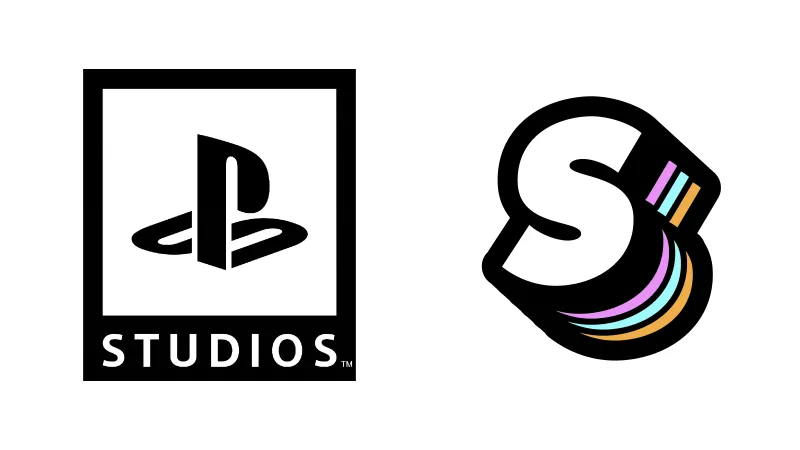# YouTube Announces New Tagging Requirements for AI-Generated Content

YouTube Announces New Tagging Requirements for AI-Generated Content
YouTube is the latest platform to implement labels on AI-generated content, with the video leader looking to get ahead of the expected generative AI wave with new tagging requirements for creators.

As explained by YouTube:
“Over the coming months, we’ll introduce updates that inform viewers when the content they’re seeing is synthetic. Specifically, we’ll require creators to disclose when they’ve created altered or synthetic content that is realistic, including using AI tools.”
As you can see in the above example, the new requirement will mean that creators will need to indicate when a video contains altered or synthetic content that is realistic.
“For example, this could be an AI-generated video that realistically depicts an event that never happened, or content showing someone saying or doing something they didn’t actually do.”
So, AI-generated animations would be fine, but depictions of real people and events will need to be tagged.
Failure to do so will result in penalties, which could include removal, suspension from monetization, and even account suspension, in the worst of cases.
That, in many cases, will still be reliant on someone being able to detect and raise such cases as a concern. But the threat of removal should be enough to dissuade a lot of channels from posting AI-generated fakes.
I mean, it probably won’t deter coordinated disinformation groups funded by foreign governments, some of which create thousands of YouTube channels every year. But it’s an important enforcement step either way, providing more transparency in generative AI use.
YouTube says that it will also automatically tag any content created with its own generative AI tools.

In addition, YouTube’s also adding new removal request processes for both people and musicians whose likenesses are used in AI creations posted to the app.
The musicians element is interesting, considering that YouTube is also working with record labels on a new process to facilitate generative AI music creation within certain parameters. Clearly, given the role that YouTube plays in music discovery, this is a significant area of concern, and the new process will provide another means of enforcement for potential violations.
Both Meta and TikTok have also implemented tags for AI-generated content, providing more transparency and clarity for viewers in-stream.
The expectation is that this will become even more important in the coming years, as generative AI tools evolve, and manufactured video tools become more mainstream.
What the full impacts of that will be, we don’t know as yet, but tags, as a basic requirement, are an important initial step.
If you want to read more like this article, you can visit our Social Media category.




